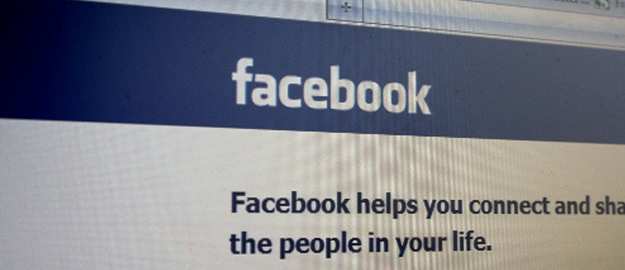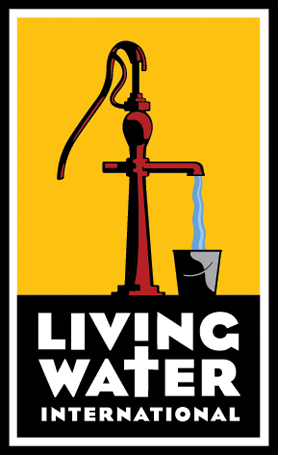Many “experts” will tell you, if you maintain a blog you need a Facebook fan page for that blog. It makes your blog social, allows readers to connect outside your blogging platform and will increase your reach and readership immensely. These “experts” will tout the benefits of social media (connecting with readers), tell you that every professional blogger has a fan page, and urge you to set one up if you want your blog to be successful. After all, a “real” blogger has a Facebook fan page for their blog.
However, most bloggers never reap those benefits. Increasing blog readership and community takes more than just setting up a Facebook fan page and posting links. It takes work. Hard work. It takes knowing your audience, determining the answers to these eight questions and boosting your social media platform. It takes having purpose, a schedule and making your page social.
When trying to determine if you need a Facebook fan page for your blog, consider the following:
1. An “Info-Dump” page doesn’t produce community.
Most blog fan pages include little, if any, interaction. You don’t see the author asking questions, responding to comments or interacting with readers. These pages are nothing more than an information dump: status after status of links to blog posts. While it may seem like a good idea to post links, if your page isn’t social – receiving comments and likes and interactions – the Facebook Edgerank Algorithm won’t even show your posts in your fans’ newsfeed.
2. Double-posting drives people away.
It never fails. When you “like” a blog fan page and are friends with the blog author on Facebook, you receive double-postings, many of which are identical. The author publishes the link to his or her blog post on their personal account and their fan page, resulting in some readers seeing the post twice at once, and not knowing which to comment on. I personally unlike any blog fan page for which I’m friends with the author. Seeing double of the same post spams my newsfeed and takes the place of other information I would like to receive.
3. A successful fan page takes work.
Lots of work. You need to post updates consistently. Ask questions. Respond to comments. Connect with people you might already have as friends on yet another platform. You need to post pictures, act like a human and share more of yourself on your fan page than just links. It’s time consuming if you want to reap the benefits the “experts” allude to.
4. Turn on your subscribe function.
Most bloggers want a Facebook fan page for the mere fact that they don’t want to add every reader as a Facebook friend. A fan page allows people to connect with your blog without having access to your personal account. Facebook recently launched a subscribe function to solve that issues. When the subscribe button is activated, individuals can receive your public posts in their newsfeed. It allows them to connect with you, the author, interact with your posts outside of your blog, and develop community with those readers who aren’t part of your fan page. It also alleviates the double-posting issue.
5. Use Facebook as your fan page.
One way to counter the time it takes to manage both a fan page and your personal account is to use Facebook as your fan page. This allows you to comment on other pages and personal posts as your page, shows your page’s info in your notifications (rather than your personal account) and allows you to use your page in a more social way rather than an info dump. You can then keep your personal account for close family and friends.
Improper use of a Facebook fan page can hinder, if not hurt, the goals you have for your blog. Forgetting to be social, only using your page as an info dump and not getting around to responding to comments gives the perception that you are distant, don’t want to connect and don’t care about your readers; a great hinderance to developing community.
Do you have a Facebook fan page for your blog? How effective is it in building community for you?







 I am passionate about making a lasting impact on the world so 10% of the money I earn from each project will be donated to provide clean water wells in third world countries through
I am passionate about making a lasting impact on the world so 10% of the money I earn from each project will be donated to provide clean water wells in third world countries through